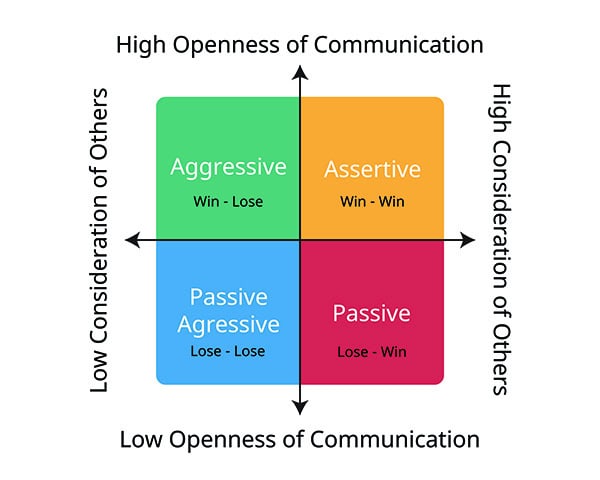The Non-Science of the Wegscheider-Cruse Family Roles Theory
Posted on January 11, 2024
By Kenneth Anderson, MA
The Wegscheider-Cruse Family Roles Theory is one example of how “chemical dependency” treatment does not have the firm scientific foundation that it is suggested to have. Despite this lack of foundation, to become a certified addiction counselor today one must study Wegscheider-Cruse's theory. Below I present the history of the development of this theory, and some of the specific problems with it.
Sharon Wegscheider-Cruse
Behind the Wegscheider-Cruse Family Roles Theory was Sharon Wegscheider-Cruse (Nov 16, 1938 - living), born Sharon Rae Roelandt in Jasper, Minnesota, the daughter of Emil Leonard Roelandt (Jan 19, 1915 - Dec 24, 1961) and Marjorie Annadell Roelandt nee Olson (Aug 7, 1919 - Aug 11, 1986). The Roelandts were Catholic, and Sharon attended Cath...
full story






